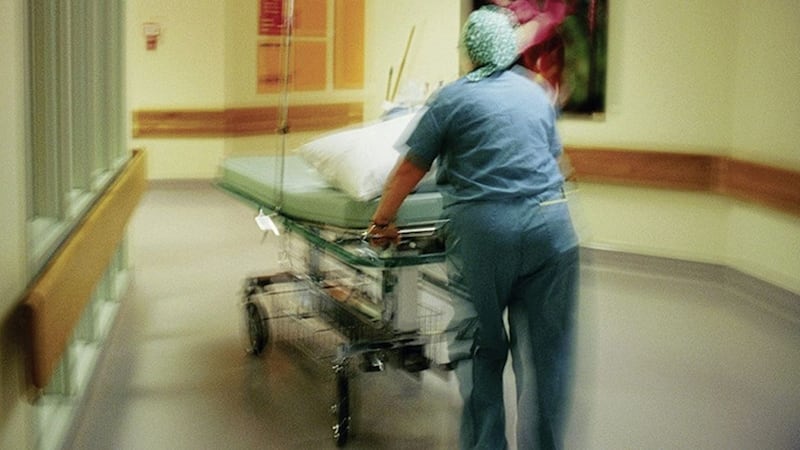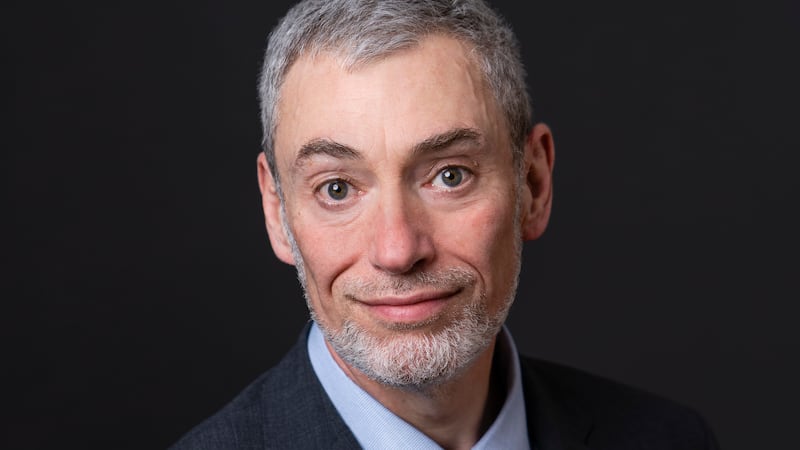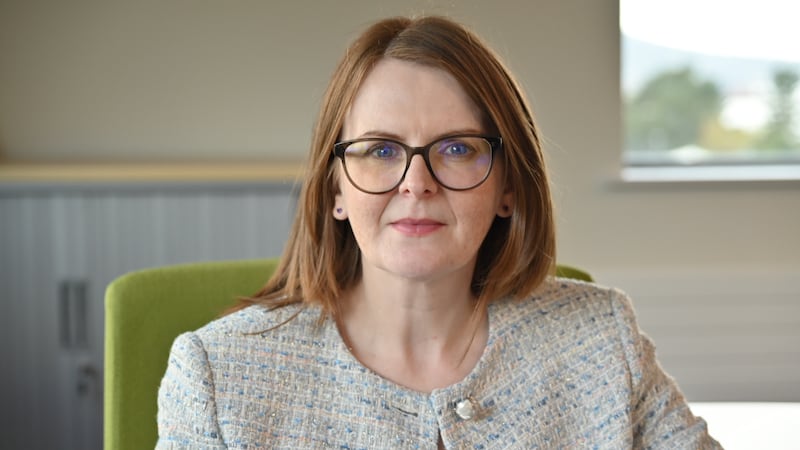A LEADING doctor has said health trust bosses must be given the "autonomy" to declare 'critical incidents' in their organisations so as to prioritise patients most in need.
Dr Tom Black, chair of the British Medical Association (BMA) in Northern Ireland, was responding to concerns about mounting pressure on the frontline as Omicron-related staff absences soar.
In yesterday's Irish News, it was revealed senior health officials are pushing for a 'critical incident' to be declared for the first time in the Northern Ireland health service as cases and hospitalisations are expected to peak in coming weeks.
Chief executives from the north's five health trusts met last Wednesday and are believed to have discussed escalating their concerns in writing to the Department of Health.
One in six health trusts in England declared critical incidents last week.
Dr Black warned increased demands along with a severely reduced workforce "would naturally overwhelm the service".
"When the health service has to prioritise we obviously see those with the most urgent and severe needs," he said.
"In terms of those services, you look at GP surgeries, you look at the Emergency Department service, you look at paediatrics, geriatrics, cancer services and maternity.
"Those are the services you have to preserve because they are all time dependent. These patients are the most vulnerable and at greatest risk.
"We also know that's not fair on other services because the waiting lists are so long.
"But you have to allow the people who deliver care as much autonomy and flexibility as you can to deliver these services at this point - that is key."
There was an outcry over a leaked email from NHS England to trusts last week over their use of "correct terminology" when declaring a critical incident, with hospitals warned they would be scrutinised if there was "doubt" over the decision.
The Independent, which obtained the email, revealed how some frontline staff viewed it as a "bullying tactic" to silence them.
Dr Black said while he understood trusts are "reluctant" to take these decisions, they were best placed to do that.
"I'm not cognisant of the intricacies of critical incidents but if the chief executives feel that would help provide better care to patients then why would you get in their way," he added.
Rita Devlin, director of the Royal College of Nursing (RCN) in Northern Ireland also said it was a "last resort" measure.
The nursing chief warned last week that patient safety was at risk due to thousands of frontline absences.
"It is clear that we are facing extreme pressures alongside unprecedented staff shortages which has the potential to result in compromised care," she said.
“Calling a critical incident is the last resort available to trusts to raise concerns and the fact this is being considered further reinforces the seriousness of the situation we are facing. The next few weeks will be incredibly challenging for the health service in Northern Ireland.
“There has been a significant amount of work taking place in the background on issues such as the regional approach to critical care beds.
"While we know everyone is working hard to ensure that services continue, there is no doubt we are going to find ourselves incredibly stretched. Outside of healthcare we have seen shops and restaurants closing due to staffing shortages but nurses can’t stop helping patients. Instead nursing staff find themselves being spread thinner and thinner which is simply not safe."








